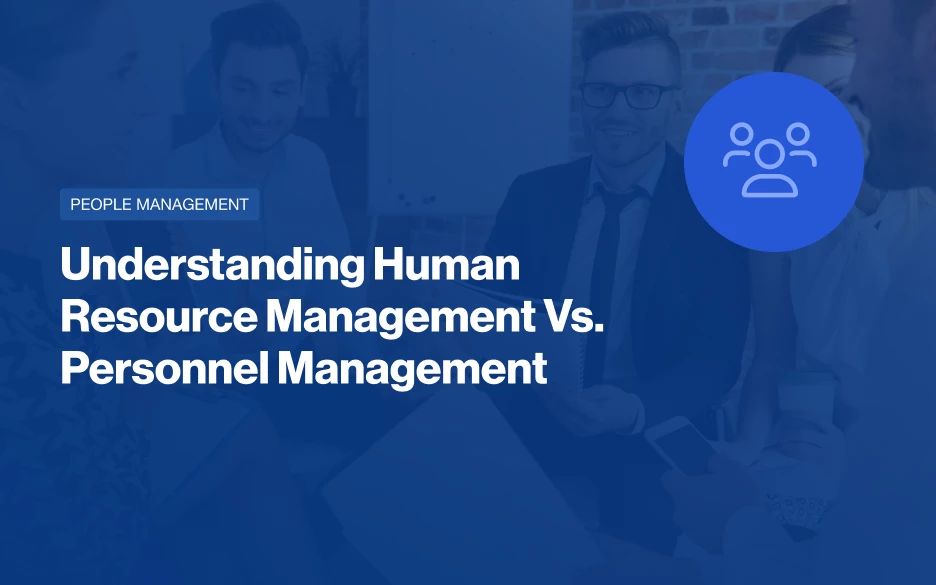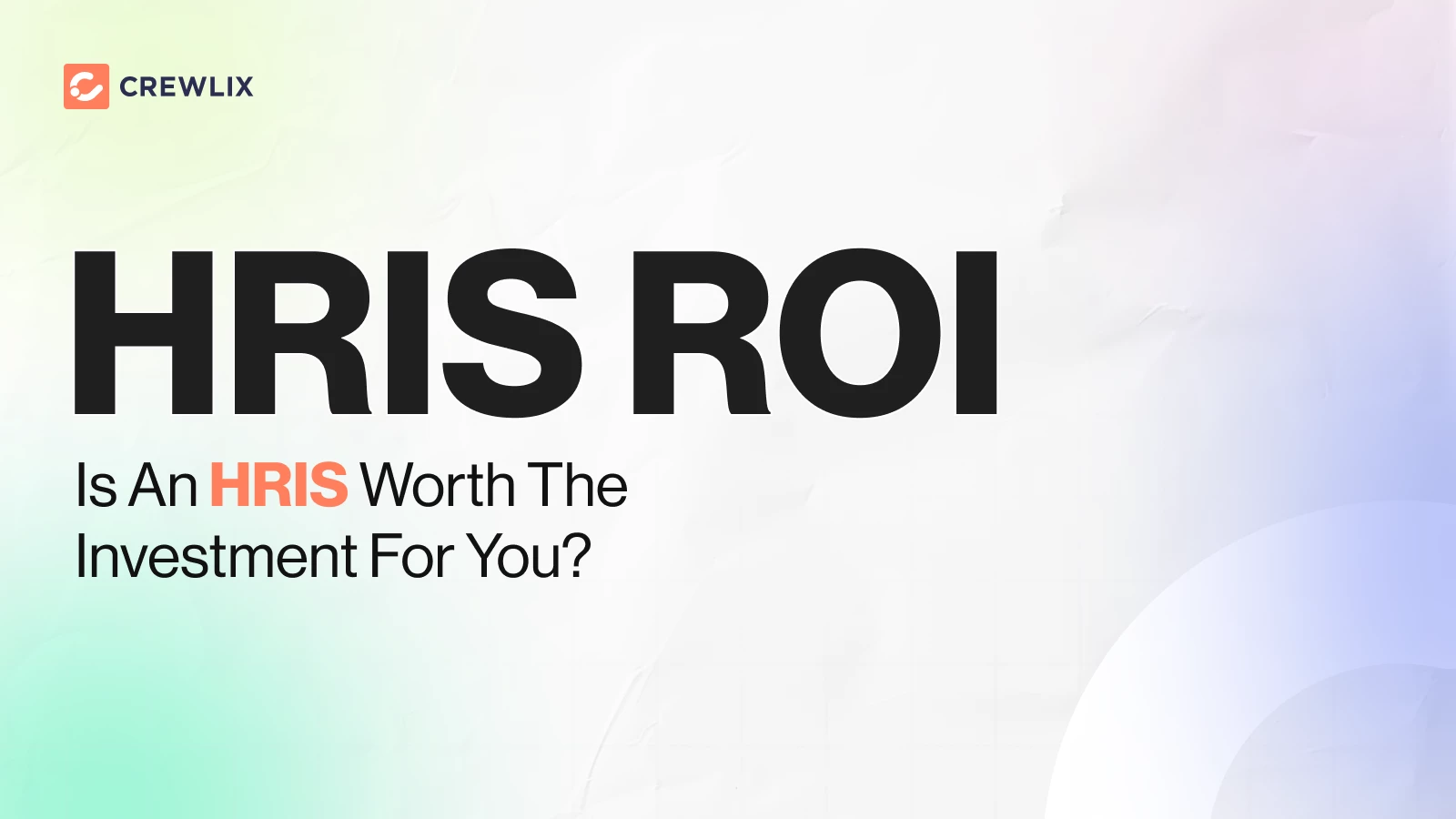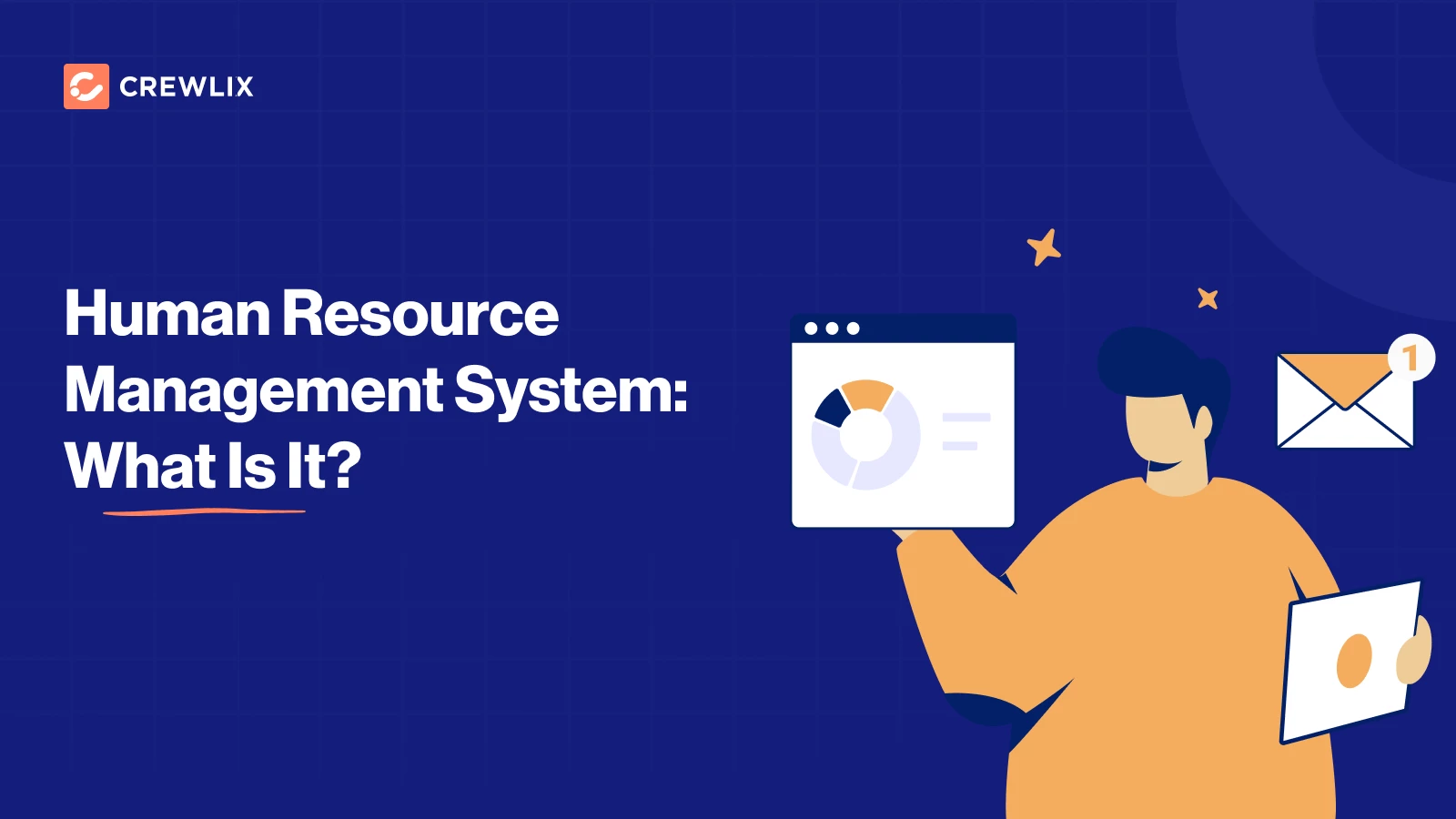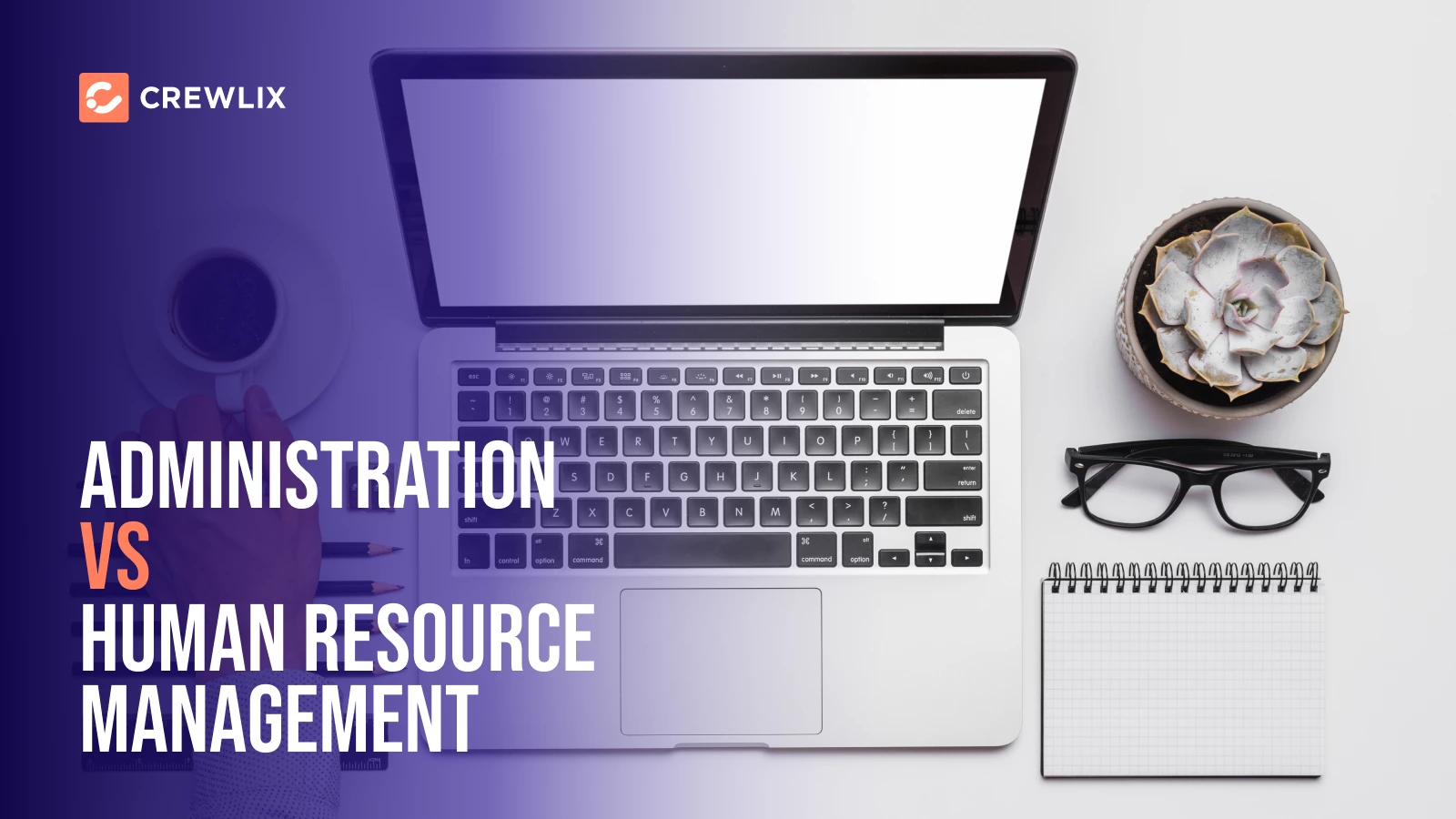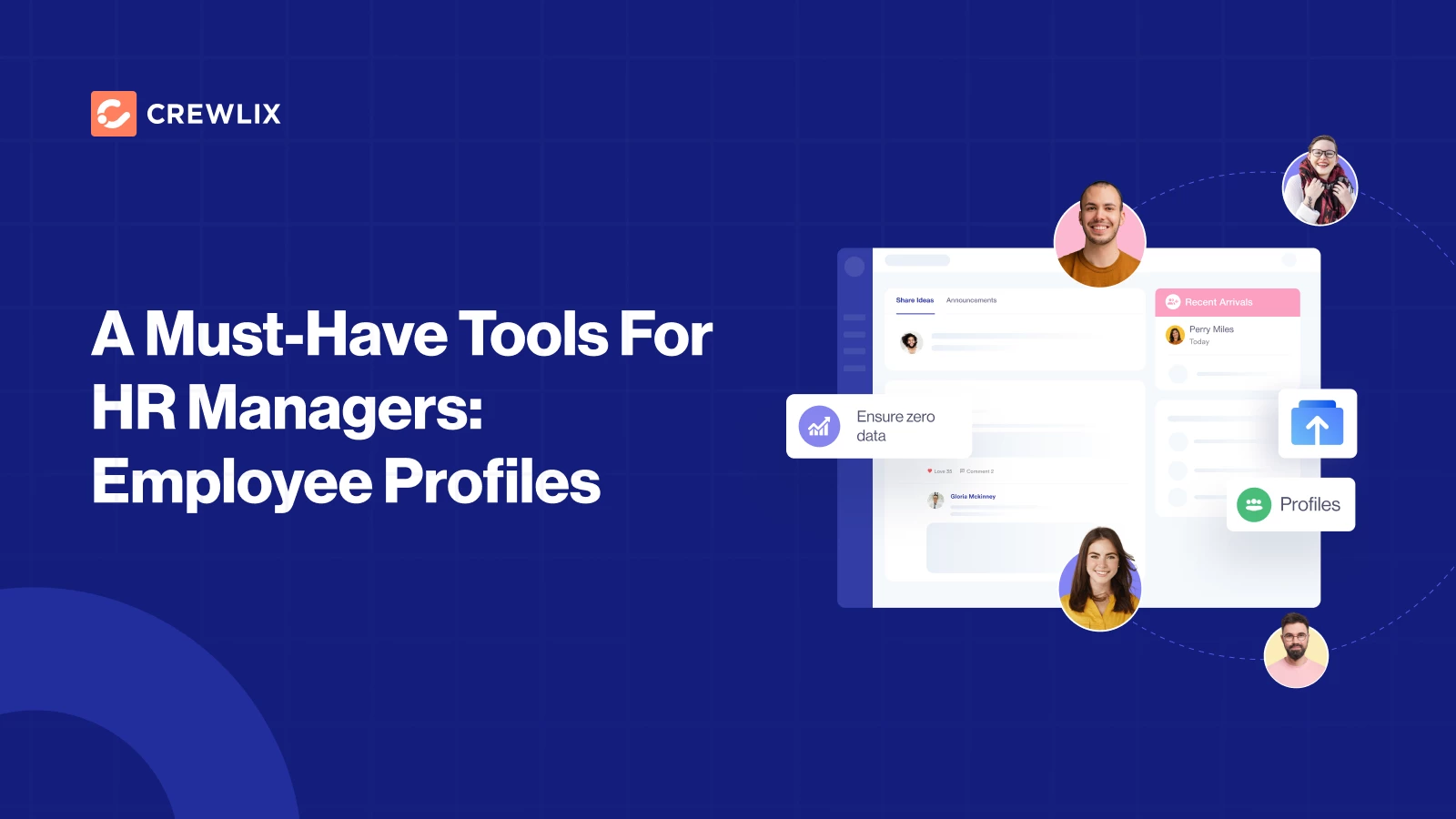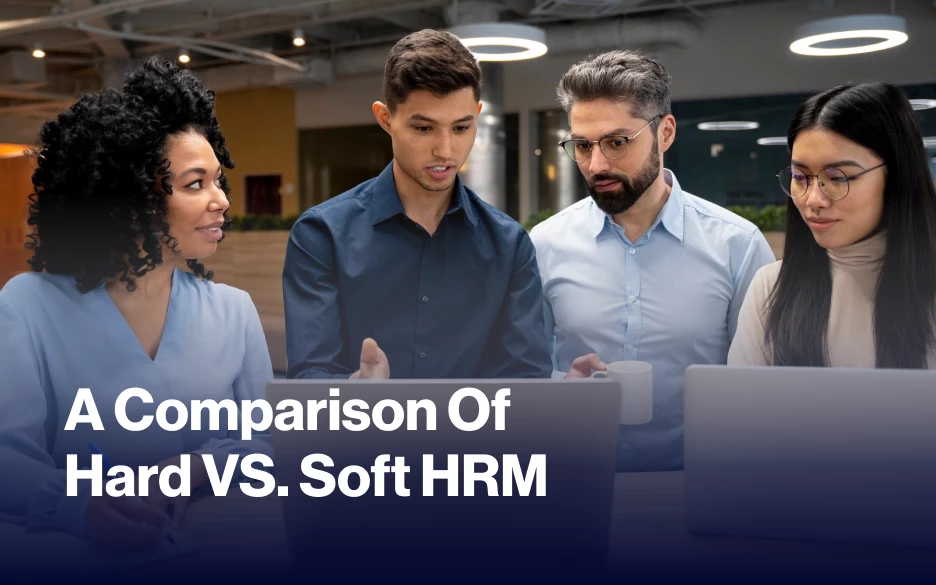While both the terms Human Resource Management (HRM) and Personnel Management (PM) refer to pretty much the same notion, which is managing the people working within an organization, there’s a world of differences in ‘How’ these approaches are put into practice.
Whether you are a seasoned HR professional, a decision maker or someone quenching their thirst for knowledge in the people management arena, knowing the difference of HRM and PM is going to prove beneficial for you in the long run.
In light of that, let’s take a closer look at Human Resource Management VS Personnel Management. The history, definition, implementation and why should you even care about it.
Learn More: Difference Between HRIS and HRM
The Historical Backdrop
Let’s begin by tracing back to their origins.
Personnel Management emerged during the Industrial Revolution and was primarily concerned with hiring, payroll, and ensuring compliance with labor laws. It viewed people as mere production instruments, focused solely on extracting output.
On the flip side, Human Resource Management emerged in response to the changing nature of work. With globalization, technological advancements, and a growing emphasis on knowledge-based economies, businesses recognized the need to view individuals as assets rather than mere cost centers.
Human Resource Management Vs. Personnel Management: Definition
Human Resource Management (HRM):
HRM is a comprehensive approach to managing people in an organization. It not only involves hiring and training but also focuses on strategic planning, employee satisfaction, and creating a workplace culture that aligns with the organization’s goals.
HRM aims to build a motivated and skilled workforce, ensuring that employees contribute effectively to the company’s success. It also deals with complex issues like performance management, talent retention, and fostering diversity and inclusion.
Personnel Management:
On the other hand, Personnel Management traditionally centers around administrative tasks related to employees. It handles day-to-day payroll and benefits operations and ensures compliance with employment laws.
While it addresses immediate workforce needs, it may lack the strategic vision and long-term planning characteristic of HRM. Personnel management often follows a more rigid structure, focusing on maintaining order and harmony in the workplace.
Human Resource Management VS. Personnel Management: What’s The Difference?
| Area Of Comparison | Human Resource Management (HRM) | Personnel Management (PM) |
| How it views employees | Views employees as valuable assets and focuses on their growth and development. | Sees employees as tools or resources to achieve organizational objectives. |
| Decision making | Embraces agility in decision-making to adapt to changing market dynamics. | Often follows rigid rules and procedures, leading to slower decision-making. |
| People Management | Each employee has their individual agreement with the company. | Involves talking with union leaders to make agreements. |
| Approach | Modern | Customary |
| Talent Acquisition | Focuses on attracting and retaining top talent through employer branding, competitive compensation packages, and opportunities for career growth. | Primarily concerned with recruitment and basic employment functions. |
| Strategic focus | Takes long-term strategic view. | Tends to focus on more short-term operational tasks. |
| Salary and remuneration | It’s up to the skillset and competency of the individual employee. It recognizes and rewards good work. | Pay is decided based on the job itself. |
Why HRM Reigns Supreme
At times like this where Artificial Intelligence (AI) is capable of replacing a big chunk of workforce, the one thing that it can never replace is pure talent. HRM principles is no longer a luxury, it’s a necessity when human skill is the ultimate competitive advantage.
By prioritizing your people, fostering a culture of continuous learning and development, recognizing efforts and success of individuals, HRM offers a rewarding career. Whereas, Personnel Management fails to create a sense of fullfillment.
Conclusion
While both HRM and PM has their place in history of workforce management, it’s clear that the future belongs to Human Resource Management. The key differences of Human Resource Management VS Personnel Management speaks for itself and grants us clarity on why HRM is an obvious choice.
By shifting your focus from mere personnel administration to holistic people engagement and development, you can unleash the full potential of your workforce and drive sustainable success.
